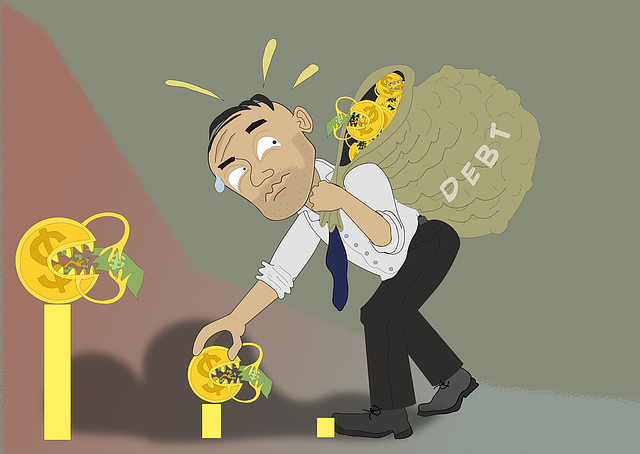In Texas, car title loans offer quick cash but come with high interest rates and fees, trapping borrowers in debt. Advocates push for reform to ensure fair terms, transparency, and discourage cycles of poverty, while critics argue current practices are exploitative. Reform proposals aim to balance immediate funding with sustainable repayment options for car title loans Texas.
In the state of Texas, car title loans have emerged as a popular yet controversial financial option. With interest rates among the highest in the nation, advocates are calling for title loan reform to protect borrowers from predatory lending practices. This article explores the current landscape of car title loans in Texas, delves into the arguments for reform, and analyzes the potential impacts on borrowers if changes are implemented. Understanding these factors is crucial in navigating this complex financial issue.
- Understanding Car Title Loans in Texas
- Arguments for Title Loan Reform
- Potential Impacts of Change on Borrowers
Understanding Car Title Loans in Texas

In Texas, car title loans have become a popular source of financial assistance for many residents. These short-term, high-interest loans are secured by an individual’s vehicle, with the loan amount typically based on the vehicle’s valuation. Lenders assess the market value and condition of the car or truck to determine the maximum loan value a borrower can receive. This process provides a quick way for borrowers to access cash in emergency situations or during times of financial need.
Car title loans are particularly attractive for those who may not qualify for traditional bank loans due to credit issues or income disparities. The simplicity and accessibility of these loans have led to increased demand, especially among individuals needing rapid financial support. Additionally, lenders often cater to specialized vehicle types, including semi-truck owners seeking semi truck loans, offering tailored solutions within the broader category of car title loans Texas.
Arguments for Title Loan Reform

Advocates for Title Loan Reform in Texas highlight several compelling arguments to reshape the current car title loan landscape. One of the primary concerns is the high-interest rates and fees associated with these loans, which can trap borrowers in a cycle of debt. Car title loans Texas often come with steep annual percentage rates (APRs), making it difficult for borrowers to repay on time and avoid default. This issue is particularly pressing for low-income individuals and those facing financial hardships.
Additionally, the lack of comprehensive regulations regarding no credit check requirements in title pawn transactions raises red flags. Many lenders offer quick funding without assessing the borrower’s ability to repay, leading to a high rate of defaults and repossessions. Reformers advocate for stricter guidelines to ensure borrowers receive fair terms, transparent conditions, and access to alternatives like traditional banking services, thus providing them with better options beyond quick funding.
Potential Impacts of Change on Borrowers

Changes to the Car title loans Texas landscape are being advocated for by reform supporters who believe it could significantly impact borrowers and their financial well-being. The current Title Loan Process, often characterized by quick approval times, offers cash access to vehicle owners in need. However, critics argue that this ease of access comes at a high cost through exorbitant interest rates and potential loss of ownership if repayment isn’t met.
A reform could soften these impacts by introducing more transparent terms, extending repayment periods, and mitigating the risk of borrowers falling into cycles of debt. Such changes would not only benefit borrowers but also foster a fairer Dallas Title Loans market. This shift towards a more sustainable title loan model could encourage financial stability for those seeking temporary financial relief without sacrificing their assets.
Car title loans Texas have been a subject of intense debate, with advocates pushing for reform to protect borrowers from high-interest rates and potential debt traps. By implementing reforms, Texas could provide more accessible and affordable lending options, ensuring that citizens have better financial choices while maintaining their vehicle ownership. These changes would not only benefit borrowers but also contribute to a fairer and more transparent financial landscape within the state.






